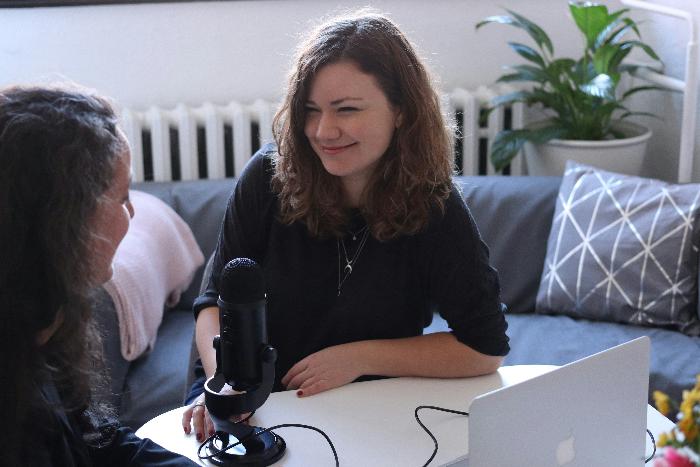Opening Moment.
Sound lands before a face. A slow pad can hold attention across a five minute explainer video, smoothing edits and giving eyes permission to rest while ideas settle into memory, and that quiet glue often defines perceived quality. Listeners notice subtle texture rather than a strong melody in many cases. Small shifts—filters, slow modulation, a distant bell—can mark beats without shouting, building a cinematic. Free ambient music for commercial projects hush that supports voiceover and footage without stealing the moment or forcing drama. It feels soft. Choices here shape perceived brand calm and trust across teams, clients, and viewers. Production teams who care tweak amplitude envelopes, compress lightly, and choose sparse harmonic content to keep attention on spoken words yet feel rich and lived-in.

License Reality Check.
Read fine print closely. Rights vary wildly between royalty free, creative commons, and bespoke commissions, which means simple assumptions breed expensive mistakes when a campaign scales across territories or platforms. Corporate background music for videos must often come with a sync license, clear terms about redistribution, and guarantees about exclusivity in certain markets, so procurement and legal. Corporate background music for videos folks should see explicit clauses up front. Choose sources that provide machine-readable metadata and clear attribution rules to avoid takedowns. Short loops may be okay for social clips, but longer campaigns need care. Budgets shift; licensing strategy should bend without breaking, preserving creative control and legal safety.
Designing Emotional Texture.
Make a palette, not a playlist. Sparse synths paired with subtle organic sounds create space for messaging, while warm low pads add perceived depth and credibility that viewers register even if they do not name it. Rhythm can be implied rather than stated, leaving room for edits and cuts, and that restraint often reads as professionalism. Choose instrumentation to match the visual grain — ultra-clean tones for tech demos, gentle analog warmth for human stories — and resist the urge to chain too many cues together, since clarity matters more than novelty when conveying trust to a client audience.
Where to Source Tracks.
Start with curated libraries that tag mood, instrumentation, and tempo. Free ambient music for commercial projects can appear in reputable archives, university collections, and independent creators who allow reuse under clear licenses, but diligence is required to verify commercial rights and proper attribution. Search by stems and license type, not just by mood words, and sample in context with the actual edit to feel how a piece breathes with visuals. Avoid random downloads from unverified sources; those tracks might carry hidden claims or uncleared samples. A quick audit of provenance prevents legal headaches and preserves production schedules.
Technical Fit and Mixing.
Balance matters more than volume. Normalize loudness to platform specs, carve space around voiceover with gentle sidechain or simple EQ cuts, and avoid over-compression that turns delicate pads into mush. Deliver stems when possible so editors can duck and reshape beds for multiple cuts, and maintain a reference mix that travels across devices — phone, laptop, conference room — to sense where the music lands. Metadata should include tempo, key, and intended usage notes so later edits remain consistent. Small engineering choices preserve clarity and make the piece feel both professional and intimate at once.
Common Traps to Avoid.
Assuming free equals safe is a fast route to trouble. Tracks labeled vaguely, uploaded without context, or stripped of credits create downstream risk when campaigns hit different markets and platforms. Over-layering with competing textures dilutes messaging and confuses viewers. Picking music solely because it is novel can clash with brand voice and undercut trust. Not testing across devices and environments leads to surprises in the field. Plan for edits, keep stems, document licenses, and maintain a shortlist of go-to tracks so decision fatigue does not drive poor choices during crunch weeks.
Conclusion.
Every choice around music shapes audience perception and can lift a project from forgettable to memorable when handled deliberately; thoughtful sourcing, clear licensing, and careful mixing convert mood into meaning and save time in the long run. Teams that plan ahead and keep a small, vetted catalog discover faster approvals, fewer legal questions, and a consistent sonic identity that aligns with creative goals. For producers seeking dependable libraries and clear commercial terms, a single reliable resource can cut research time and reduce risk while still allowing creative freedom. And services like soundtrackempire.com offer curated selections alongside transparent licensing so projects ship on schedule with confidence.